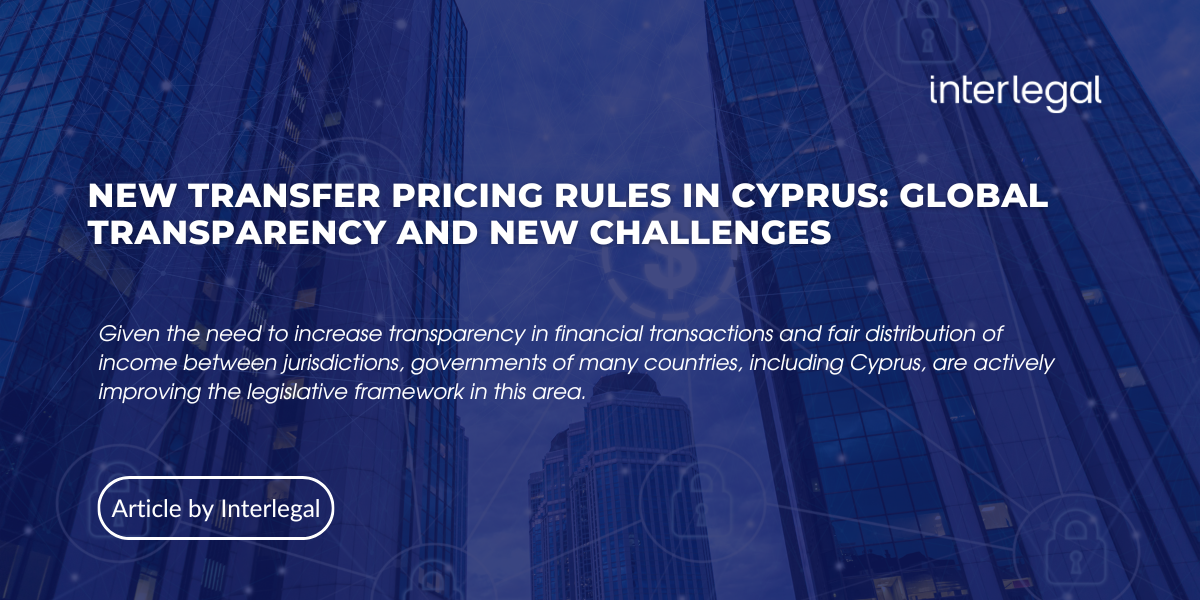COVID-19 Worldwide Update
1 April, 2020
4
Brief updates on the current situation and domestic responses to the Covid-19 Pandemic from the global network http://forwarderlaw.com/
Australia: At present Australia is not in ‘lockdown’, a decision on the next wave of restrictions is imminent as Covid-19 pandemic cases increase and become more widespread. The Federal, States and Northern Territory Governments are increasing measures to restrict social interaction, the activities and movement of people. Effective from 25 March 2020, all Australian citizens and permanent residents are prohibited for travel out of Australia unless exempted. This announcement follows last week’s travel ban placed on non-residents and non-citizens coming to Australia, effective 20 March 2020.
Belgium: A de facto lockdown has been in place in Belgium since 19 March. Non-essential movement as well as gatherings other than of family members are prohibited. Those going outside must maintain a physical distance of 1.5 meters or face the possibility of a fine. Border controls have been put into place, even within the Schengen zone of the EU. The non-essential movement of citizens across borders has been temporarily suspended.
Canada: Canada has banned international travel, excepting the movement of commercial vehicles between Canada and the USA. The time for all customs filings has been delayed until June 2020, including March monthly filings otherwise coming due. Emergency measures vary from Province to Province, with most having shut down non-essential workplaces, including courts, and prohibiting public gatherings.
China: In China, offices and factories have reopened. Quarantine periods are also ending and the workforce is returning. From local media reports, full production is expected no earlier than end-March / early-April. Due to fear of rise in second wave of “imported cases”, China has banned most travellers from entering China with effect from 28 March 2020. Both port congestion and a shortage of truckers resulting from the quarantine measures are beginning to ease, but shippers may still face increased port storage, detention, or demurrage charges arising from these delays.
Denmark: Non-essential public services, including schools, universities, libraries, have been closed down since 11 March 2020, and this has since been extended to a variety of non-essential activities where people are in close contact, including hotels and restaurants, museums, shopping centres (except for foot shops). The border has been closed down for non-commercial travelers. Gatherings of more than ten people are prohibited. All these decrees are applicable until 13 April 2020, but this date is likely to be extended. Ports are open and operational, and commercial transports in Denmark as well as to and from Denmark are still allowed. The court services are limited to urgent matters only, including ship arrest.
France: A state of health emergency has been officially declared, and will last two months. Non-essential businesses are closed, gatherings are prohibited, and the general population confined to their homes. Most air traffic of passengers and goods has ceased. The ports continue to operate but are well below capacity, expecting that congestion built up in Chinese ports will begin to flow.
Ireland: As of 25th March effectively all non-essential business in Ireland is closed with people to work from home wherever possible. The courts have been shut except for non-essential business since 6th March with a current plan to re-open 20 April. Ports remain open and operational at present.
Israel: The Minister of Justice imposed a warrant that restricts courts’ hearings except for urgent matters until April 16th . Non-essential businesses can still work at the capacity of 30% of the workforce or 10 employees, whichever is higher, and employees must keep a distance of 2 meters away from each other. Freight forwarders and custom brokers are defined essential business and keep working as usual.
Netherlands: While non-essential services are closed, the Port of Rotterdam is considered an essential service and remains operational. All seagoing vessels are required to submit a Maritime Declaration of Health (MDoH) before arriving at, or being piloted in, the port of Rotterdam. Not all shipping related services are considered essential.
New Zealand went into full lockdown at 11.59pm on Wednesday, 25 March. Everyone is required to stay at the address where they spent the night of 25 March for the next four weeks, although this may be extended. A state of national emergency has also been declared, to give the Police additional powers for enforcement of the lockdown. New Zealand’s borders have been closed since 19 March to all people who are not New Zealand citizens or permanent residents. The government has issued a “do not travel” advisory. Domestic passenger services will cease at 11.59pm on 27 March. Courts remain open but will hear only urgent matters affecting an individual’s liberty.
Singapore: In Singapore, most businesses continue to operate, schools are still open (for now) and so are our courts though they are beginning to conduct more hearings by video conferencing. Border restrictions remain in place for foreign travellers, and travellers must self-isolate for 14 days on returning. Public gatherings and religious services are prohibited, while commercial services such as restaurants may continue to open only if they can implement physical distancing rules.
South Africa: South Africa has declared a national disaster with borders closed and is on lockdown from 27 March to 16 April. Non-essential businesses are closed, however, cargo shipping, dockyard services are essential services, as are transportation and logistics services in respect of essential services. Ports and terminals will continue to operate, but transport by rail, road, or air of cargo is limited to essential goods.
Spain: Spain is among the worst hit areas of Europe. By Royal Decree Royal Decree 463/2020 Spain has been on lockdown since 14 March with borders closed, non-essential businesses closed, and public gatherings prohibited, which are currently set to expire on 12 April, but will likely be extended. Courts are hearing only urgent matters, and procedural and limitation periods have been extended. While some ports have reduced traffic as a result of the Chinese backlog, others are seeing an upswing in agricultural and hygiene related imports.
Sweden: Sweden currently remains open, without border closures or domestic travel restrictions.
Switzerland: All non-essential businesses are closed down. Who ever can is working at home. Traffic jams are no topic anymore to talk about. City centres are more or less empty, no night life anymore. The crisis management of our Federal Government will start to evaluate GPS data of each person to check out whether the rules in force are followed by everyone or not. All these restrictions are set in force until April, 19th, but everyone is expecting that the regime will continue to be in place after that date.
UAE + Middle East: In the UAE sanitation measures and an 8pm-6am curfew are in place until 4 April. Court dates ae adjourned to 16 April.
Ukraine: From 11 March Ukraine has closed its borders and prohibited inter-city travel by train or car. Non-essential businesses closed and gatherings of more than 10 people are prohibited. According to Act No. 530-IX, the non-exhaustive list of force majeure events under Ukrainian law has been supplemented with “quarantine introduced by the Cabinet of Ministers of Ukraine”.
United Kingdom: The UK is on “lock down”, with the general population confined to their homes and public gatherings prohibited. Essential services continue to operate.
























































